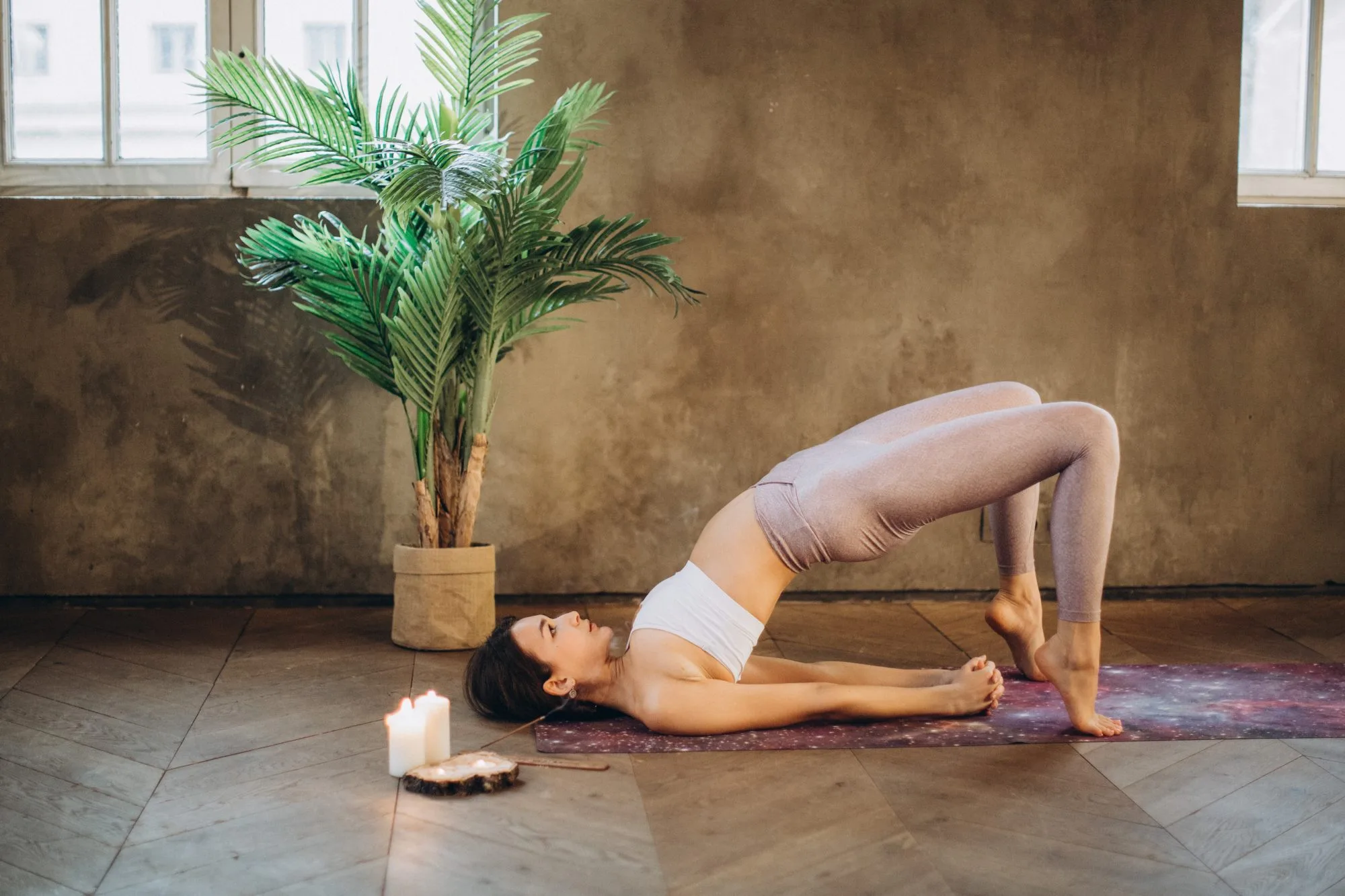Sleep is important, but the reality is a lot of us don’t seem to be getting enough of it. Considering how lack of sleep can significantly increase our risk for chronic conditions like dementia, heart disease, diabetes, cancer, obesity, and even stroke, it’s paramount that we get our regular 7–8 hours. It may be common knowledge that a good workout can help you sleep better, but a recent study has found that the most effective exercises in easing insomnia are yoga, Tai Chi, and walking or jogging.
Exercise and Sleep: Which Workouts Are Best for Insomnia?
According to the National Sleep Foundation, about 6 out of 10 people aren’t getting enough sleep. Now, while sleep aids can range from medications to therapy to even essential oils, this article will examine a recent study that highlighted the best exercises for a better night’s rest.
For the study, researchers examined 22 randomized controlled trials that featured 1,348 people who either had insomnia symptoms or clinically diagnosed insomnia. The researchers then analyzed 13 strategies used to help people sleep better, which included cognitive behavioral therapy (CBT), massage, as well as the following exercise interventions:
- A mix of cardio and strength training
- Cardio combined with CBT
- Mixed cardio
- Strength training alone
- Tai Chi
- Walking or jogging
- Yoga
Yoga, tai chi, and walking or jogging are best for sleep
“Insomnia can impact everyday life and increase the risk of cardiovascular diseases [like heart disease and stroke] and Alzheimer’s… and exercise is nature’s sleeping pill,” – Dr. Zhijun Bu, the lead author of the study to ABC News
According to the review article, published in BMJ Evidence Based Medicine, yoga was found to be the most beneficial exercise for sleep. Yoga was associated with a nearly two-hour increase in total sleep time, about a 16% improvement in sleep efficiency, and around a 30-minute reduction in sleep onset.
Yoga was followed by Tai Chi, which was linked to a 50-minute increase in total sleep time. There was also an improvement of over half an hour in the time spent awake after falling asleep, and a 25-minute reduction in the time it took to fall asleep.
After Tai Chi, walking or jogging was associated with a 10-point improvement in insomnia severity as measured by the researchers’ scoring system, sleep time, and a roughly 25-minute reduction in the time it took to fall asleep.
Not to be excluded, the researchers noted that CBT had “broad-spectrum and durable effects” on sleep.
Why does exercise help you sleep better?
I’m sure you’ve felt exhausted after a good workout, but that exhaustion your body is feeling is not necessarily what will help you sleep better.
According to the authors of the study, Tai Chi’s combination of meditative movement and mindfulness may promote emotional regulation, deactivate ‘mental chatter’, reduce anxiety, and it may even help to curb the production of inflammatory chemicals over longer periods. All of this results in better and deeper sleep.
Walking and jogging, the authors noted, may have a ‘synergistic effect,’ which includes reducing cortisol while boosting melatonin.
“These specific exercises are gentle, easy to stick with, and especially suitable for people with insomnia. They can be just as powerful as medication, but without the side effects.” – Zhijun Bu
Finding the right exercise for insomnia
Despite the study’s sleepy findings, there are a few limitations, with the authors admitting that about 68% of the featured trials not only had design or methodological flaws, but some were even small.
Nonetheless, the findings do suggest how other therapies such as yoga, Tai Chi, walking, and jogging could be beneficial for those who struggle with sleep but are unable to access medication or CBT,
“Given the advantages of exercise modalities such as yoga, Tai Chi, and walking or jogging — including low cost, minimal side effects, and high accessibility — these interventions are well-suited for integration into primary care and community health programs.”
So, if you’re looking to improve your sleep habits through exercise, Bu suggested to Everyday Health the following regimes, based on his study’s analysis:
- Walk or jog 3 to 5 times per week, 30 to 75 minutes per session
- Practice yoga 2 to 6 times per week, for 45 to 60 minutes per session
- Practice Tai Chi 2 to 3 times per week, 45 to 60 minutes per session
Want to know more?
While you may think that Tai Chi only has sleep benefits, the reality is that Tai Chi can improve your health and longevity in so many ways.
References
Bu, Z., Liu, F., Shahjalal, M., Song, Y., Li, M., Zhuo, R., Zhong, Q., Du, Y., Lu, C., Yang, Z., Yang, H., Zhong, P., Liu, J. and Liu, Z. (2025). Effects of various exercise interventions in insomnia patients: a systematic review and network meta-analysis. BMJ Evidence-Based Medicine, [online] p.bmjebm-2024-113512. doi:https://doi.org/10.1136/bmjebm-2024-113512.
Chang, A. (2025). Why gentle exercise like yoga, tai chi and walking may help people sleep better. [online] ABC News. Available at: https://abcnews.go.com/Health/gentle-exercise-yoga-tai-chi-walking-people-sleep/story?id=123679569 [Accessed 1 Aug. 2025].
Rauf, D. (2025). Best Exercises for Sleeplessness: Yoga, Tai Chi, Walking Help Insomnia. [online] EverydayHealth.com. Available at: https://www.everydayhealth.com/sleep/these-low-key-exercises-could-help-you-sleep-better/



![women [longevity live]](https://longevitylive.com/wp-content/uploads/2020/01/photo-of-women-walking-down-the-street-1116984-100x100.jpg)










